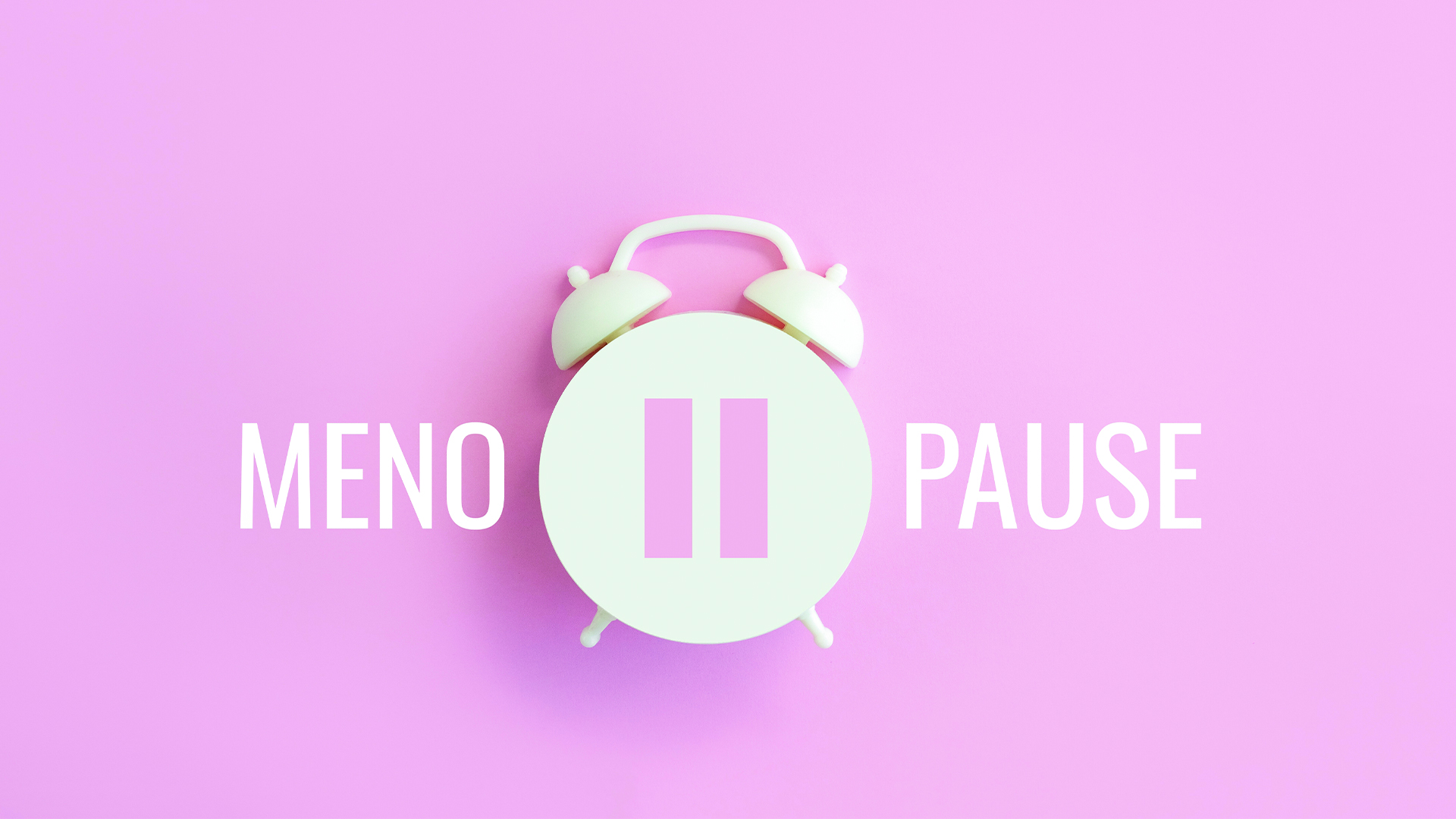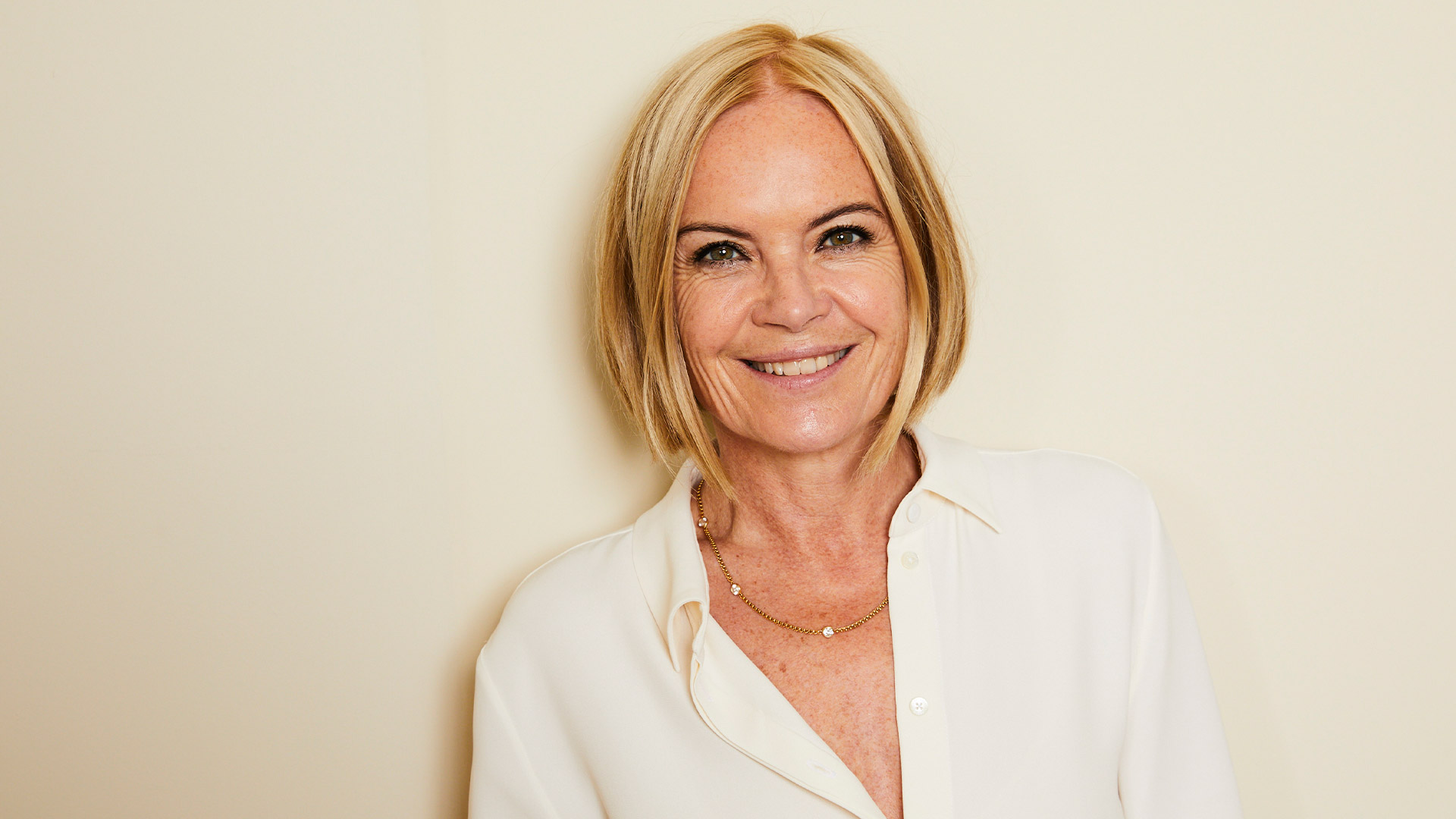You are viewing your 1 free article this month. Login to read more articles.
Menopause at work: breaking the silence and smashing the stigma
In an industry dominated by female employees, the impact of menopause in the workplace is an important area of research for the book trade.
A key topic in our book, Cracking the Menopause, and something that is being highlighted by politicians, campaigners and experts is that of menopause in the workplace.
It is, without question, an area in which women have historically been enormously let down. There is currently no specific legislation covering the rights of menopausal women (there are laws protecting menopausal women—e.g. the 2010 Gender Equality Act, but menopause isn’t mentioned). Discussions around and provision for the workplace are still urgently needed.
The maths is disturbing: 77% of women experience one or more symptoms they describe as “very difficult”; 44% said that their ability to work had been affected; and one in 10 women who have been employed during the menopause have left work due to symptoms
A quite brilliant report earlier this year—The Fawcett Society’s Menopause and the Workplace—revealed a number of highly concerning facts about menopause and work. The maths is disturbing: 77% of women experience one or more symptoms they describe as “very difficult”; 44% said that their ability to work had been affected; and one in 10 women who have been employed during the menopause have left work due to symptoms. In addition, 14% had reduced their hours, 14% had gone part-time and 8% hadn’t applied for promotion.
It’s depressing reading, especially when you then consider that 79% of employers hadn’t shared information about menopause, 79% didn’t have a support network and 81% didn’t have menopause training for managers (84% don’t have it for staff). That’s why we are campaigning to get books like ours onto display tables in bookshops everywhere, because menopause does matter and the above equations don’t really add up.
Setting the record straight
But it’s not that surprising. As we learned when researching Cracking the Menopause, the reason why the subject has been so sidelined is because it has been described and diagnosed almost solely by men for the past 3,000 years or so, and its legacy throughout the millennia is therefore both skewed, misguided and highly toxic.
From the philosopher Aristotle (women have periods because they’re too cold), to the Middle Ages (old women are so filled with poison that they can kill children with their eyes) and all the way up to the 19th century (menopause is a disease that needs curing—let us put a leech on your cervix), menopause was considered to render women useless, unattractive and—most of all—either of no interest or pulse-raisingly repulsive to those writing the textbooks.
At last, it’s gradually being recognised as simply a part of every woman’s biological journey, as significant as puberty but far less explored.
So what, we wondered, of the publishing industry and the wider book trade? This is of course an environment dominated by female employees. In a 2020 Publishers Association report on inclusion and diversity, for example, two-thirds of respondents were women. In addition—and three cheers for this—it revealed that more than half of executive leadership and senior management positions are held by women.
So are these same employees enjoying a working comfortable environment, with fans on every desk and water coolers galore? Do publishing houses have menopause policies in place?
Doing the research
Because we are keen to learn more, we asked Dr Nighat Arif, GP and women’s health specialist, to devise a specific survey focusing on menopause in the context of the book industry.
We want to know which symptoms you are experiencing and whether they are impacting your work. Have you ever taken time off because of menopause symptoms? Do you feel that your ethnicity makes it harder to discuss menopause at work? Is there any support or a menopause policy in your workplace?
The questions in this survey will hopefully provide an insight into the state of this industry’s position on menopause, along with a framework for improvement (and/or a round of applause where due). The survey will only take 10 minutes of your time, but the results will be vital in supporting women in the book industry both now and in the future.
As we all know, words are the most powerful tool we have for changing the world. That’s why this survey is so important; change can only be instigated if we know what needs solving. But one of the key things we learned when writing our book is that you ignore a menopausal woman at your peril! So let’s crack this together.

















